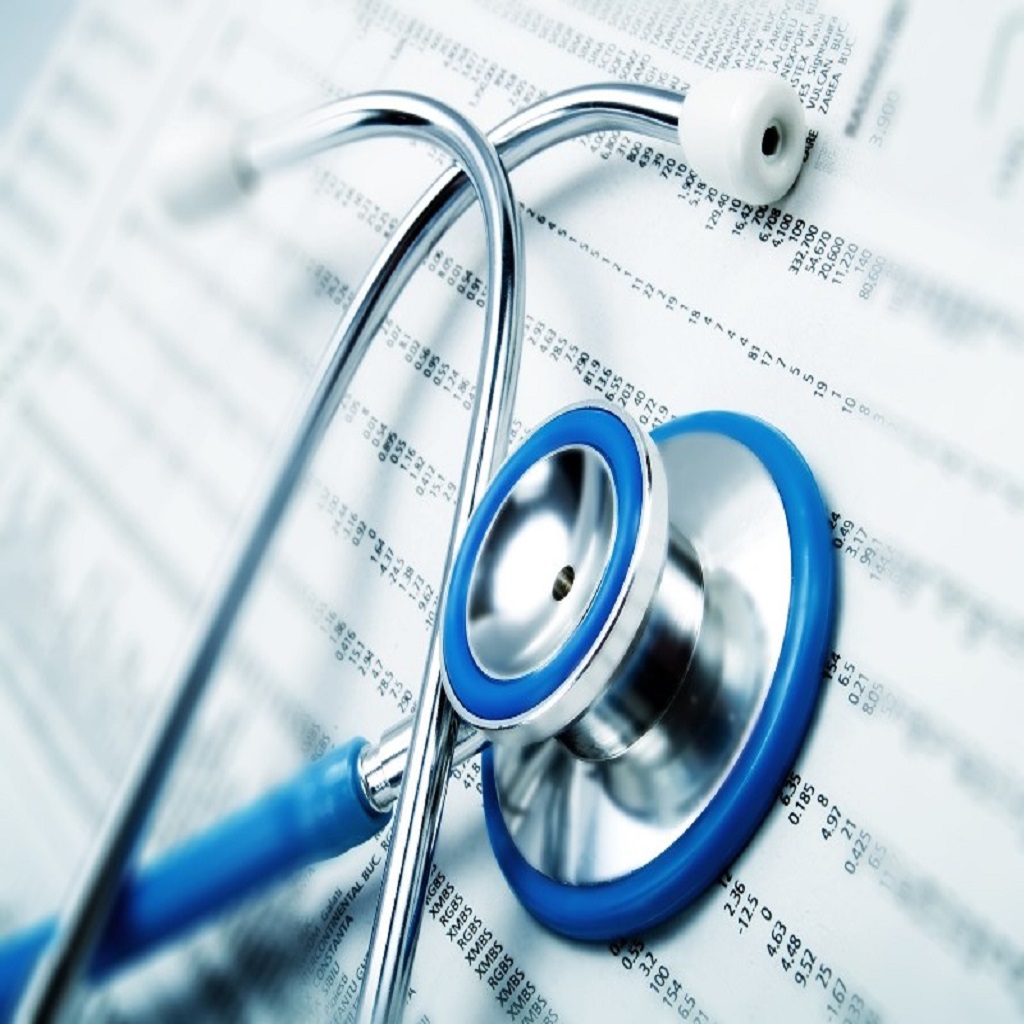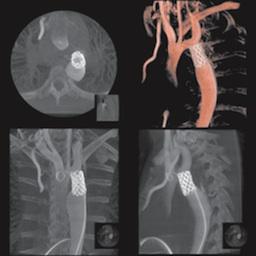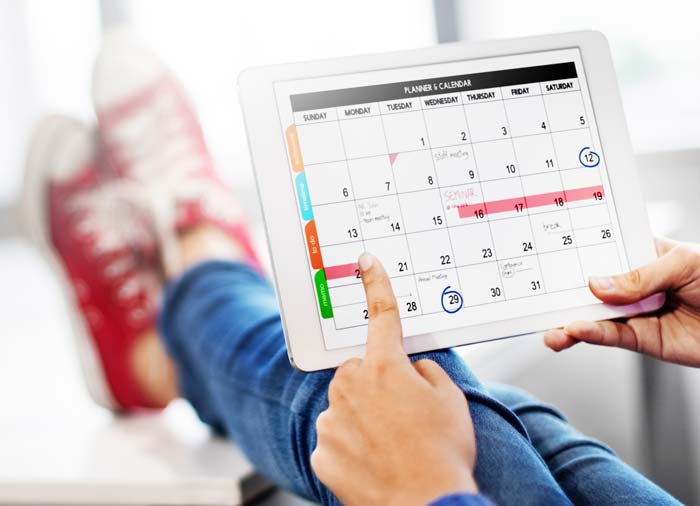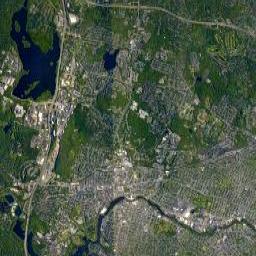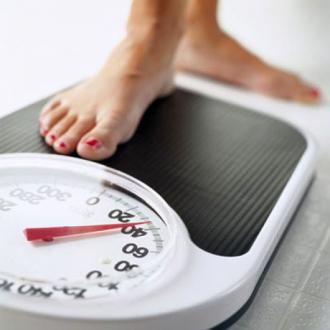
Diabetology :
What is diabetes ?
Diabetes, often referred to by doctors as diabetes mellitus, describes a group of metabolic diseases in which the person has high blood glucose (blood sugar), either because insulin production is inadequate, or because the body's cells do not respond properly to insulin, or both. Patients with high blood sugar will typically experience polyuria (frequent urination), they will become increasingly thirsty (polydipsia) and hungry (polyphagia).
Diabetes Symptoms
It is possible to have diabetes with only
very mild symptoms or without developing any symptoms at all.
Such cases can leave some people with diabetes unaware of the
condition and undiagnosed. This happens in around half of people
with type 2 diabetes.
A condition known as prediabetes that often leads to type 2
diabetes also produces no symptoms. Type 2 diabetes and its
symptoms develop slowly.
Type 1 diabetes can go unnoticed but is less likely to do so.
Some of its symptoms listed below can come on abruptly and be
accompanied by nausea, vomiting or stomach pains.
It is important to see a doctor if there is any suspicion of
diabetes or if any of the below signs and symptoms are present -
prompt diagnosis and management lowers the likelihood of serious
complications.
The most common symptoms are related to hyperglycemia (high
blood sugar levels), especially the classic symptoms of
diabetes: frequent urination and thirst. Fatigue related to
dehydration and eating problems can also be related to high
blood sugars.
The International Diabetes Foundation highlight four symptoms
that should prompt someone to get checked for diabetes as soon
as possible:
Common symptoms of diabetes
The most common signs and symptoms of diabetes are:
Frequent urination
Have you been going to the bathroom to urinate more often recently? Do you notice that you spend most of the day going to the toilet? When there is too much glucose (sugar) in your blood you will urinate more often. If your insulin is ineffective, or not there at all, your kidneys cannot filter the glucose back into the blood. The kidneys will take water from your blood in order to dilute the glucose - which in turn fills up your bladder.
Disproportionate thirst
If you are urinating more than usual, you will need to replace that lost liquid. You will be drinking more than usual. Have you been drinking more than usual lately?
Intense hunger
As the insulin in your blood is not working properly, or is not there at all, and your cells are not getting their energy, your body may react by trying to find more energy - food. You will become hungry.
Weight gain
This might be the result of the above symptom (intense hunger).
Unusual weight loss
This is more common among people with Diabetes Type 1. As your body is not making insulin it will seek out another energy source (the cells aren't getting glucose). Muscle tissue and fat will be broken down for energy. As Type 1 is of a more sudden onset and Type 2 is much more gradual, weight loss is more noticeable with Type 1.
Increased fatigue
If your insulin is not working properly, or is not there at all, glucose will not be entering your cells and providing them with energy. This will make you feel tired and listless.
Irritability
Irritability can be due to your lack of energy.
Blurred vision
This can be caused by tissue being pulled from your eye lenses. This affects your eyes' ability to focus. With proper treatment this can be treated. There are severe cases where blindness or prolonged vision problems can occur.
Can diabetes be treated?
This can be caused by tissue being pulled from your eye lenses. This affects your eyes' ability to focus. With proper treatment this can be treated. There are severe cases where Controlling blood sugar (glucose) levels is the major goal of diabetes treatment, in order to prevent complications of the disease. Type 1 diabetes is managed with insulin as well as dietary changes and exercise. Type 2 diabetes may be managed with non-insulin medications, insulin, weight reduction, or dietary changes.
